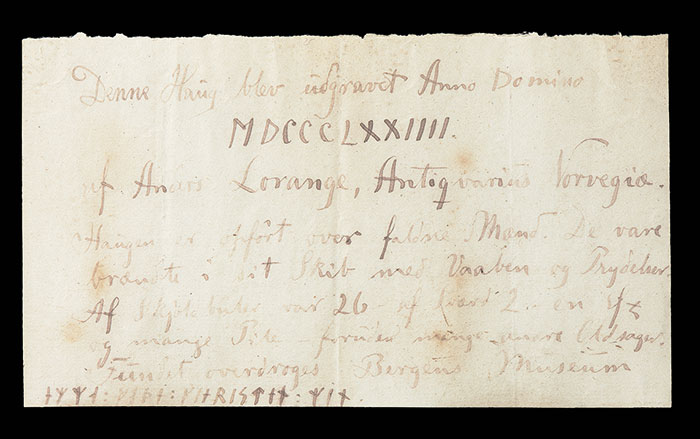UPPSALA, SWEDEN—Industrial-scale production of tar in the eighth-century A.D. allowed the Vikings to waterproof large numbers of ships and raid other parts of Europe, according to a report in The Guardian. Andreas Hennius of Uppsala University says that pits uncovered during a road construction project and dated to between A.D. 680 and 900 were not used for making charcoal, as had been previously thought, but instead for tar manufacture. The pits, discovered near pine forests, were filled with pine wood, covered with turf, and set on fire. Each production cycle could have resulted in about 80 gallons of tar, Hennius said. Smaller tar kilns dating to between A.D. 100 and 400 have also been found. For more, go to “The First Vikings.”
Large-Scale Tar Production May Have Fueled Viking Expansion
News November 5, 2018
Recommended Articles
Features July/August 2025
Setting Sail for Valhalla
Vikings staged elaborate spectacles to usher their rulers into the afterlife
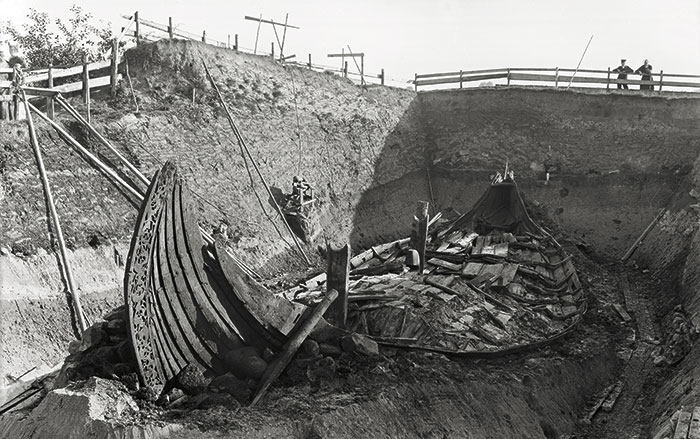
Digs & Discoveries September/October 2024
Toothy Grin
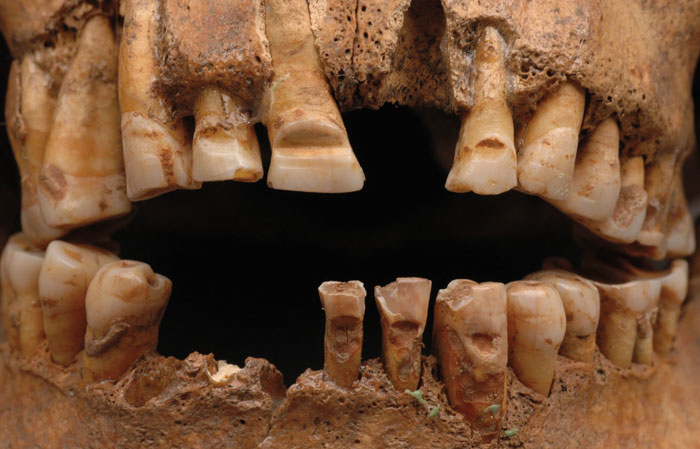
Digs & Discoveries May/June 2023
The Road to Runes
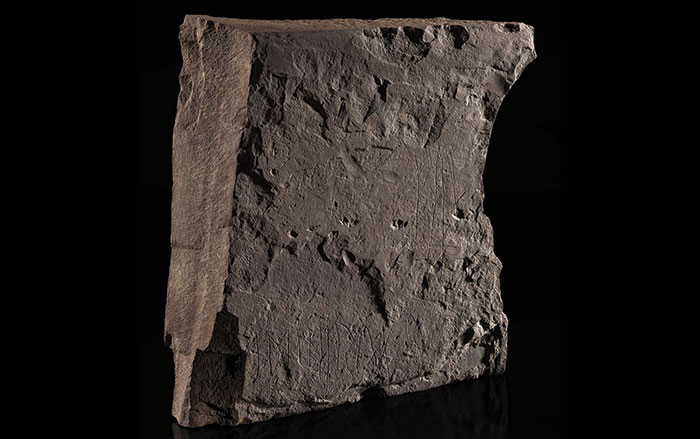
-
Features September/October 2018
Shipping Stone
A wreck off the Sicilian coast offers a rare look into the world of Byzantine commerce
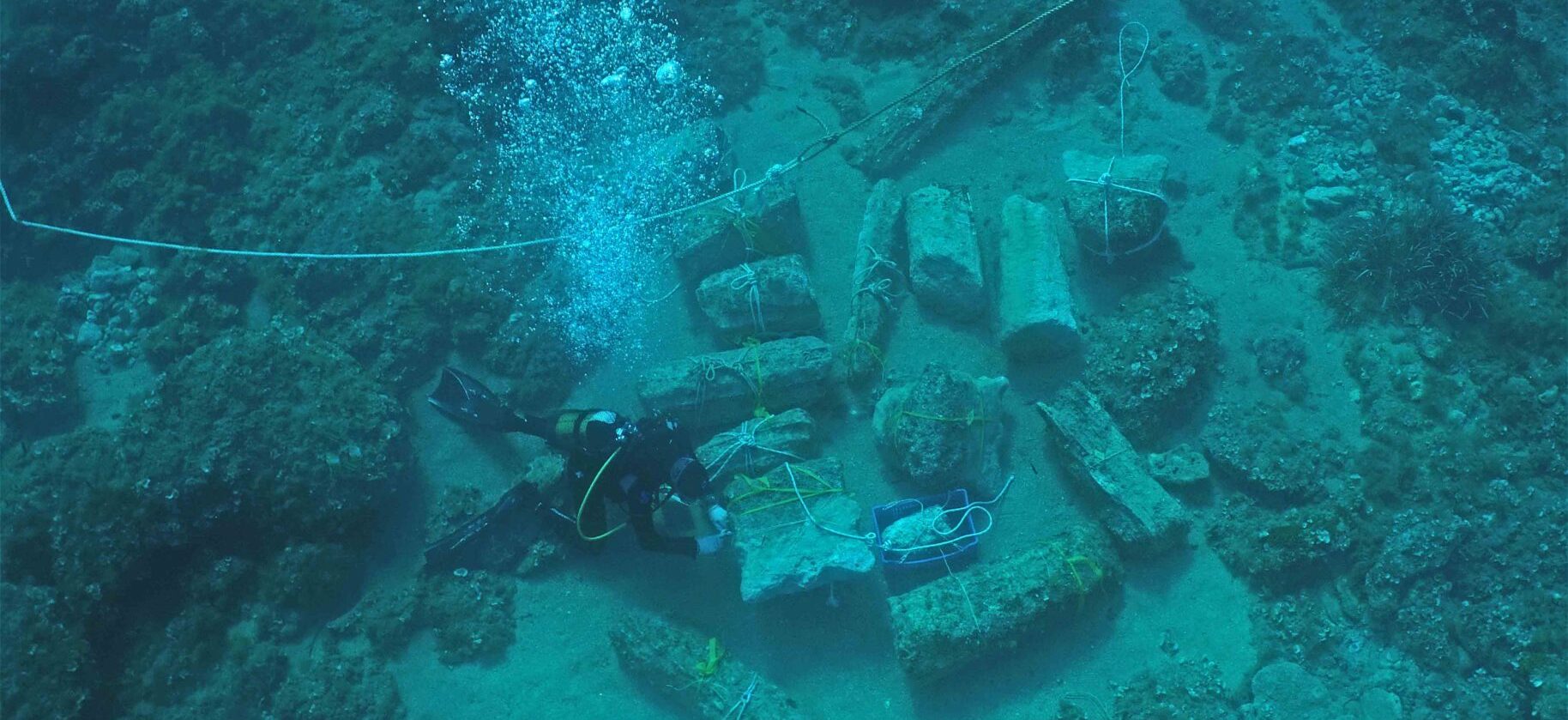 (Courtesy Marzamemi Maritime Heritage Project)
(Courtesy Marzamemi Maritime Heritage Project) -
Letter from Brooklyn September/October 2018
New York City's Dirtiest Beach
Long-lost clues to the lives of forgotten New Yorkers are emerging from the sands at Dead Horse Bay
 (Courtesy Jason Urbanus)
(Courtesy Jason Urbanus) -
Artifacts September/October 2018
Base of a Qingbai-Glazed Molded Box
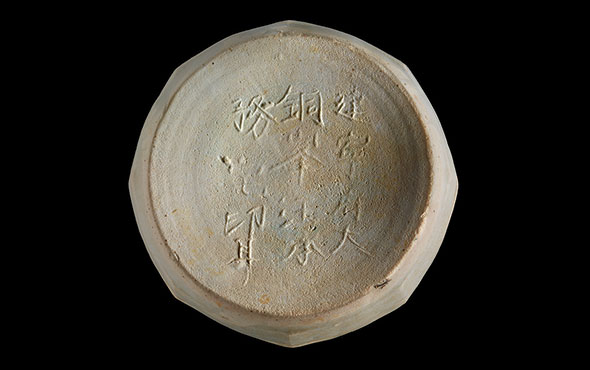 (© The Field Museum, cat. no. 344404. Photographer Gedi Jakovickas)
(© The Field Museum, cat. no. 344404. Photographer Gedi Jakovickas) -
Digs & Discoveries September/October 2018
Ice Age Necropolis
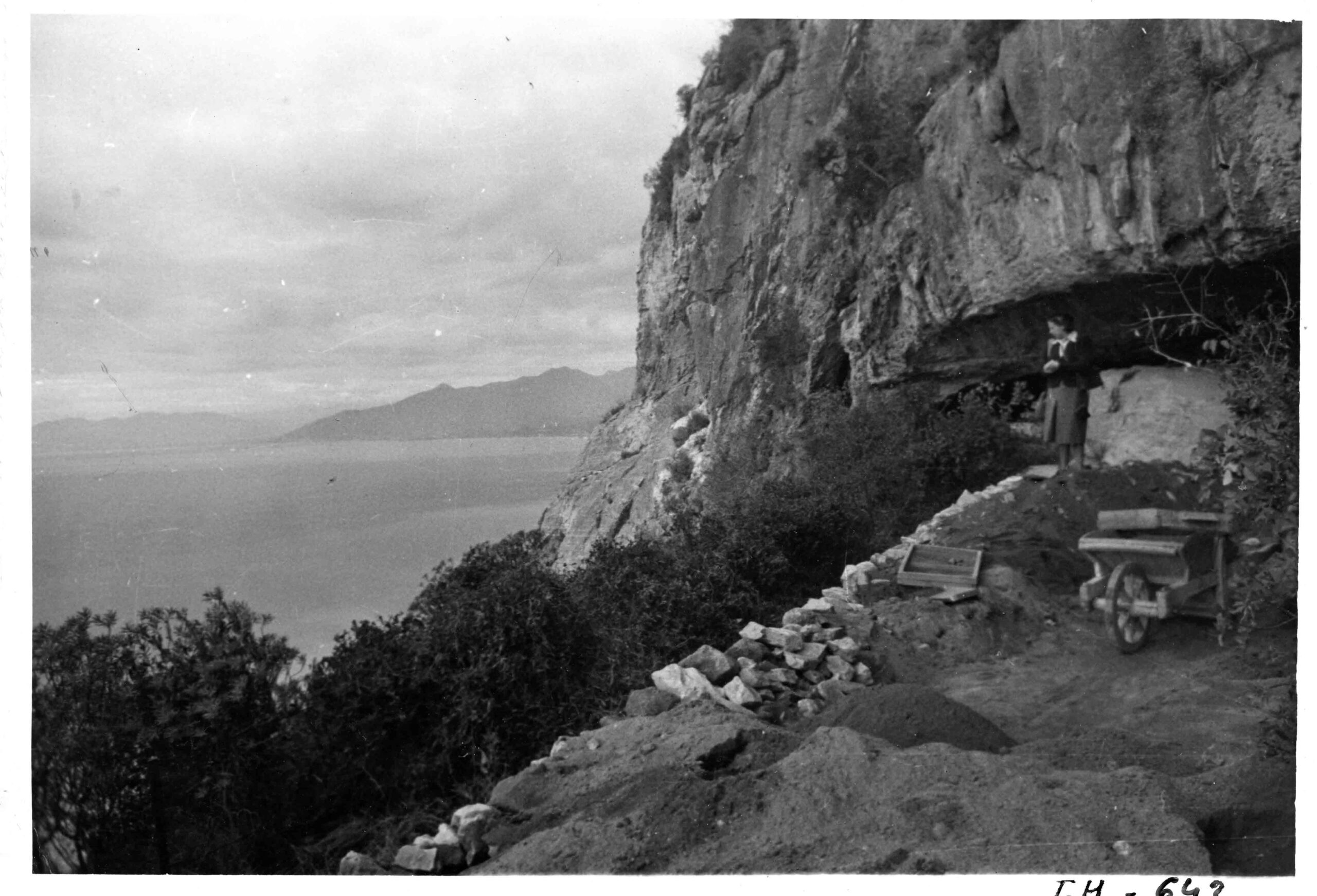 (Archives of the Soprintendenza Archeologia Belle Arti e Paesaggio della Liguria - Italian Ministry of Cultural Heritage)
(Archives of the Soprintendenza Archeologia Belle Arti e Paesaggio della Liguria - Italian Ministry of Cultural Heritage)


